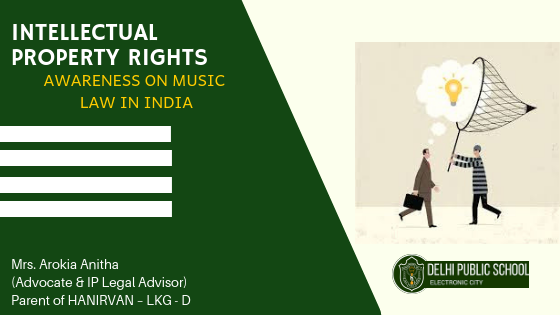
Copyright is a legal instrument that protects original works of authorship. These works include any type of artistic, literary, musical, or dramatic creation such as books, poetry, movies, music, lyrics, computer software, and architecture. After writing music or lyrics, a composer or songwriter can register a copyright that will protect this intellectual property. The copyright remains in effect for 70 years after the death of the artist. The Copyright Act of 1976 was instrumental in outlining a number of rules that pertain directly to music law and copyright. The person who writes a song owns the legal right. A song writer can sell the rights or they can allow someone else to perform the song while they get some of the profits. The creator of musical work gets a copyright for the work; people who want to broadcast a work or perform it live usually have a license from the owner. Everyone who is interested in the music industry is subject to laws that govern their rights and actions. Music publishers must abide by these laws, as must artists, producers, promoters, and executives. These laws pertain to the terms of record deals, print licensing for sheet music, royalties for artists’ public performances, and more. The Copyright allows artists to reap the economic benefits of their creative endeavours by enabling creators, producers, publishers and distributors of artistic work to control how, when and whether their works are used. For music, the key concerns are determining who owns the copyright in newly created songs and understanding what right and benefits are given to copyright owners. Therefore, when your children’s compose music or write lyrics on their own, make sure they are copyrighted and they own their legal rights. With Regards Mrs. Arokia Anitha (Advocate & IP Legal Advisor) Parent of HANIRVAN – LKG – D

